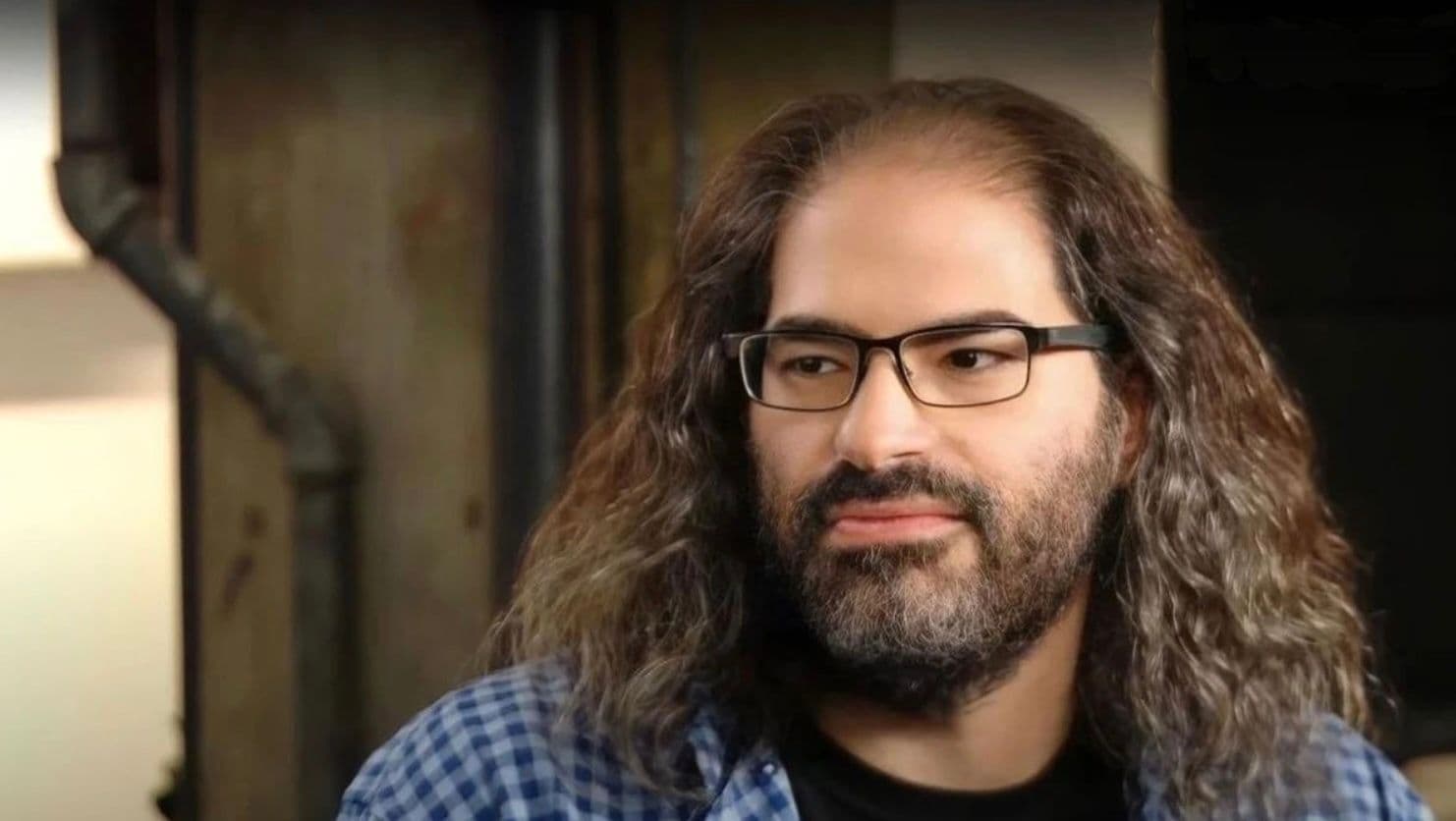Ripple's chief technology officer David Schwartz will serve as strategic advisor to Evernorth, a newly announced investment vehicle focused on XRP that plans to become the largest publicly traded company holding the cryptocurrency. The move marks Schwartz's first professional commitment since announcing his departure from Ripple's executive team earlier this month, connecting him with former Ripple executive Asheesh Birla, who founded Evernorth to accumulate XRP through regulated capital markets.
What to Know:
- Evernorth signed an agreement to go public on Nasdaq under ticker symbol "XRPN" with more than $1 billion in gross proceeds targeted, including $200 million from Japan's SBI Holdings
- David Schwartz steps down as Ripple CTO at year-end after over a decade but remains on the company's board while taking advisory roles in XRP-focused ventures
- The company plans to acquire XRP through open-market purchases and generate returns by lending to institutions, providing liquidity and deploying capital into decentralized finance strategies
Former Executives Reunite on New XRP Venture
Schwartz announced the advisory position Tuesday, describing Evernorth as "a regulated, scalable investment vehicle to tap into opportunities for XRP in DeFi and capital markets." The announcement came as Evernorth disclosed a business combination agreement with Armada Acquisition Corp II, a special purpose acquisition company, to pursue a Nasdaq listing.
The transaction targets more than $1 billion in gross proceeds. Japan's SBI Holdings committed $200 million to the effort. Evernorth said net proceeds will primarily fund open-market purchases of XRP, positioning the company as what it calls "the largest public XRP treasury company."
Birla joined Ripple in 2013 and served as general manager of RippleNet, the company's cross-border payments division, before moving to the board in 2022. He will step down from Ripple's board to lead Evernorth. Schwartz worked alongside Birla for nearly a decade during Ripple's expansion in blockchain-based payment systems.
Earlier this month, Schwartz said he would leave his position as chief technology officer at year-end. He cited a desire to spend more time with family while remaining involved in the XRP Ledger community. The role at Evernorth represents his first announced commitment following that decision.
Capital Markets Strategy and Institutional Focus
Evernorth plans to operate as an active investment company rather than a passive exchange-traded fund structure. The company said it will lend XRP to institutions, provide market liquidity and deploy capital into decentralized finance protocols built on the XRP Ledger. The strategy aims to increase XRP holdings per share over time through these yield-generating activities.
The company outlined several initiatives beyond treasury management. Plans include operating validators on the XRP Ledger network, using Ripple's RLUSD stablecoin as an entry point for XRP-based decentralized finance, and supporting projects in payments, capital markets and tokenized assets.
Ripple will participate as a strategic investor in Evernorth.
Chief executive Brad Garlinghouse, chief legal officer Stuart Alderoty and Schwartz are expected to serve as strategic advisors, though the company said it will maintain independent governance separate from Ripple's corporate structure.
The merger with Armada Acquisition Corp II requires shareholder and regulatory approvals. The parties aim to complete the transaction in the first quarter of 2026, converting non-redeemed Armada Class A shares into Evernorth shares on a one-for-one basis.
Understanding Key Terms
A treasury company holds substantial amounts of a specific asset on its balance sheet as a core business strategy. MicroStrategy pioneered this model for Bitcoin, accumulating billions of dollars worth of the cryptocurrency while maintaining a public listing. Evernorth seeks to replicate this approach with XRP.
Decentralized finance refers to blockchain-based protocols that provide financial services without traditional intermediaries like banks.
These systems allow users to lend, borrow and trade digital assets through automated smart contracts. XRP Ledger hosts several such protocols, though Ethereum remains the dominant platform for decentralized finance activity.
A validator in blockchain networks confirms transactions and maintains the integrity of the distributed ledger. The XRP Ledger uses a unique consensus mechanism that requires validators to agree on transaction order, differing from proof-of-work systems like Bitcoin. Running validators gives companies direct participation in network operations.
Closing Thoughts
David Schwartz's advisory role at Evernorth connects Ripple's former technology chief with a new venture aimed at building institutional exposure to XRP through public markets. The company's plan to go public with more than $1 billion in backing represents a significant bet on XRP's role in capital markets and decentralized finance, structured as an active investment vehicle rather than a passive fund.



